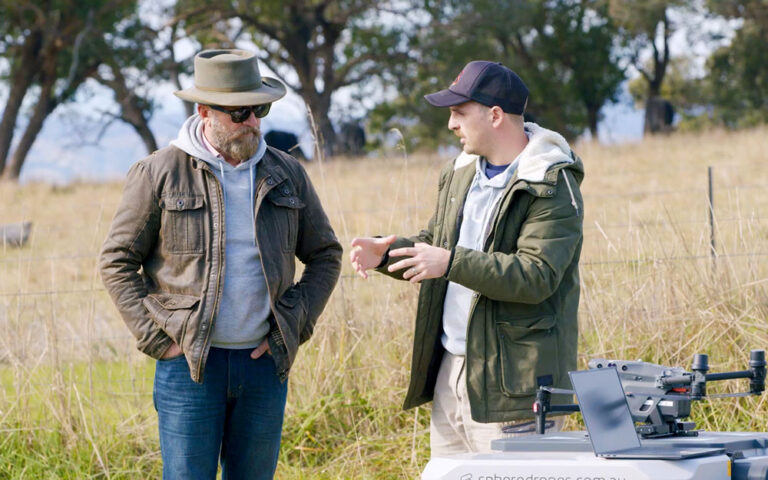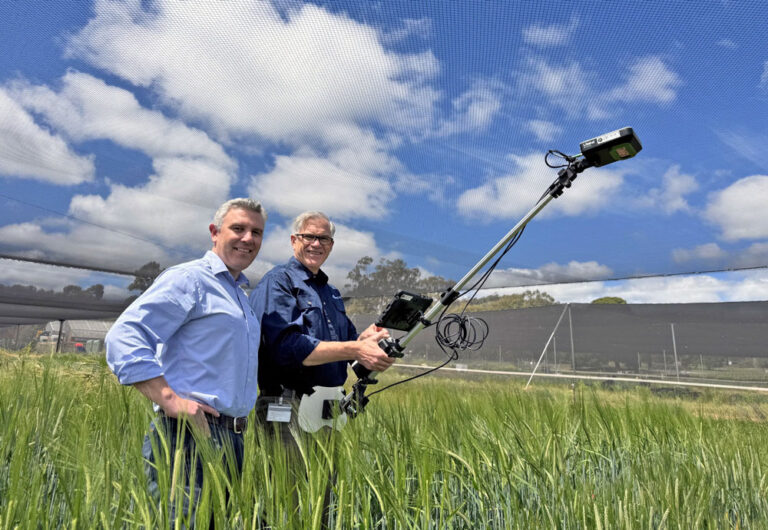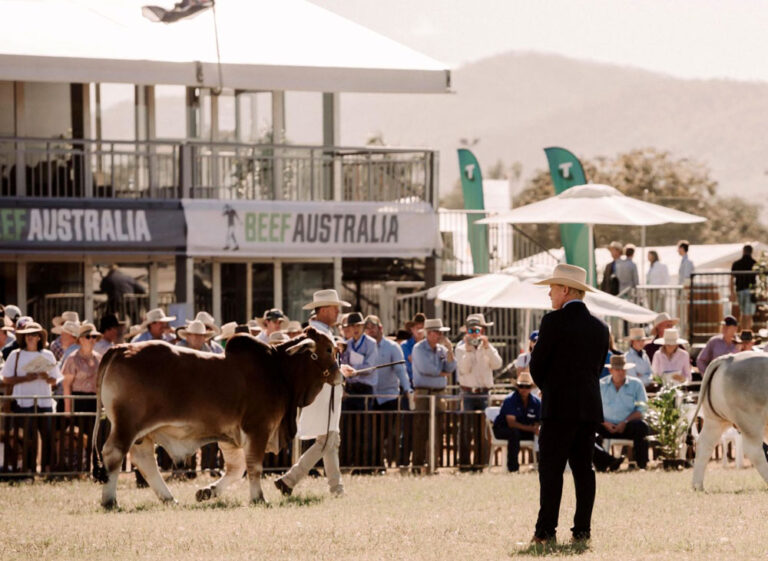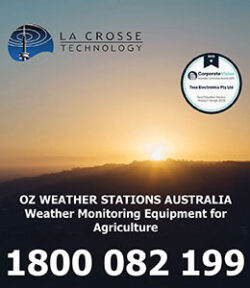The ban on US beef coming into Australia set in 2019 due to mad cow disease concerns has been overturned with shipments able to resume immediately
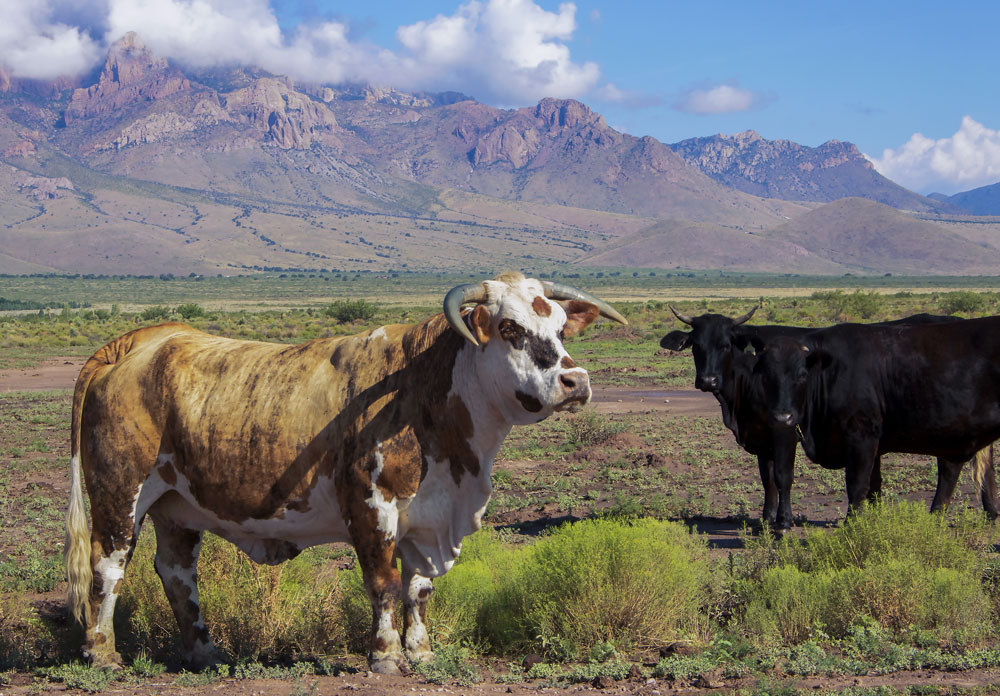
The long-held line of biosecurity restrictions on beef imports from the United States due to possible disease-carrying has been overturned today, and it will include possible mad cow disease beef grown in Canada and Mexico, packaged in the US.
And while Agriculture Minister Julie Collins said, “The Albanese Labor government will never compromise on biosecurity.” But it appears the only reason given for this backflip is the US claim to have introduced more robust controls and is now able to trace cattle back through the supply chain, avoiding diseases dangerous to our local beef industry.
It appears the Department of Agriculture, Fisheries and Forestry has stuck its neck out and is said to be satisfied that the strengthened control measures put in place by the US to effectively manage previous biosecurity risks.
However, it’s the timing of the ban overhaul that many are questioning.
The ban on US beef has been about the only grievance the Trump administration could level against Australia in its stonewalling to meet with Prime Minister Albanese, over six months since he took office, and discuss a trade/or not tariff.
After all, there have been two $800 million payments ($1.6 billion) to the US as up front payments for the AUKUS submarine deal that are still at least fifteen years away from being delivered, funds that the US have banked even before the builds proceed.
So, with the lifting of the US beef ban, there doesn’t appear to be any further hurdles the Trump administration is asking PM Albanese to jump. Unless, of course, a new barrier is added to the Trump administration “Optimal tariff theory” formula.
Many wary that it is the right decision
Leader of The Nationals David Littleproud is calling for an independent review, following Labor’s decision to allow US beef born and raised in Canada or Mexico to be imported into Australia.
Mr Littleproud said it was important the decision was predicated on science and that there could be confidence in the biosecurity requirements, including traceability.
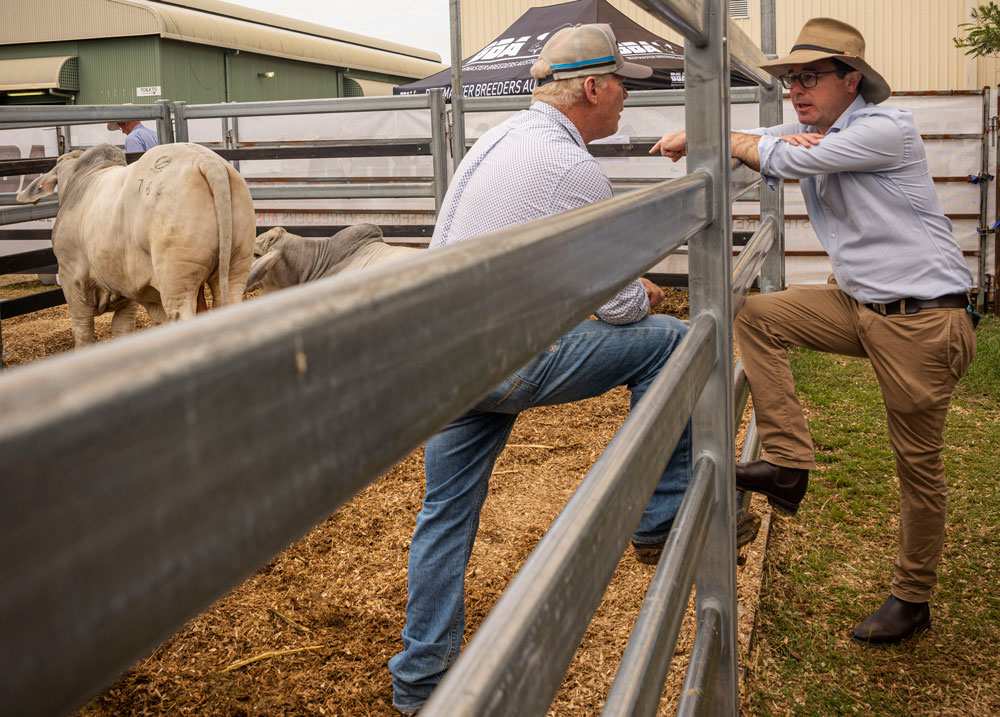
“Labor’s decision has more questions than answers and is unconvincing,” David Littleproud warns.
“I believe Labor’s announcement needs to be independently reviewed, with an independent panel set up by industry, to review the science behind the decision.
“The Government still hasn’t released the protocols to be put in place, despite this apparently being a long, scientific process. I am suspicious about the speed of this decision and the secrecy of this decision. I am concerned we could be sacrificing our high biosecurity standards for Prime Minister Anthony Albanese to obtain a meeting with US President Donald Trump.”
Shadow Minister for Trade, Investment and Tourism Kevin Hogan said Labor also needs to rule out trading away other commodities, such as pork.
“We need to know if the biosecurity requirements placed on US beef are equivalent to the biosecurity requirements Australian beef must meet when exported to the US,” Mr Hogan said.
“The United States uses cattle from Mexico and Canada in their supply chain, which poses a potential risk to our industry. Ignoring those risks would be dangerous. It is critical we have confidence in the decision and in the protocols and veterinary inspections put in place.”
The red meat and livestock industry makes a significant contribution to the Australian economy.
In 2022-2023, Australia’s red meat and livestock industry turnover was $81.7 billion and the industry employed 418,921 people.
In 2023, Australia exported 67% of its total beef and veal production, valued at $11.3 billion.
“Biosecurity is a non-negotiable,” David Littleproud added.
“We have the world’s best beef, which is used in six billion hamburgers across the US each year. We rely on our biosecurity protections to enable us to continue to export and build our economy, while also enjoying its benefits at home.”


